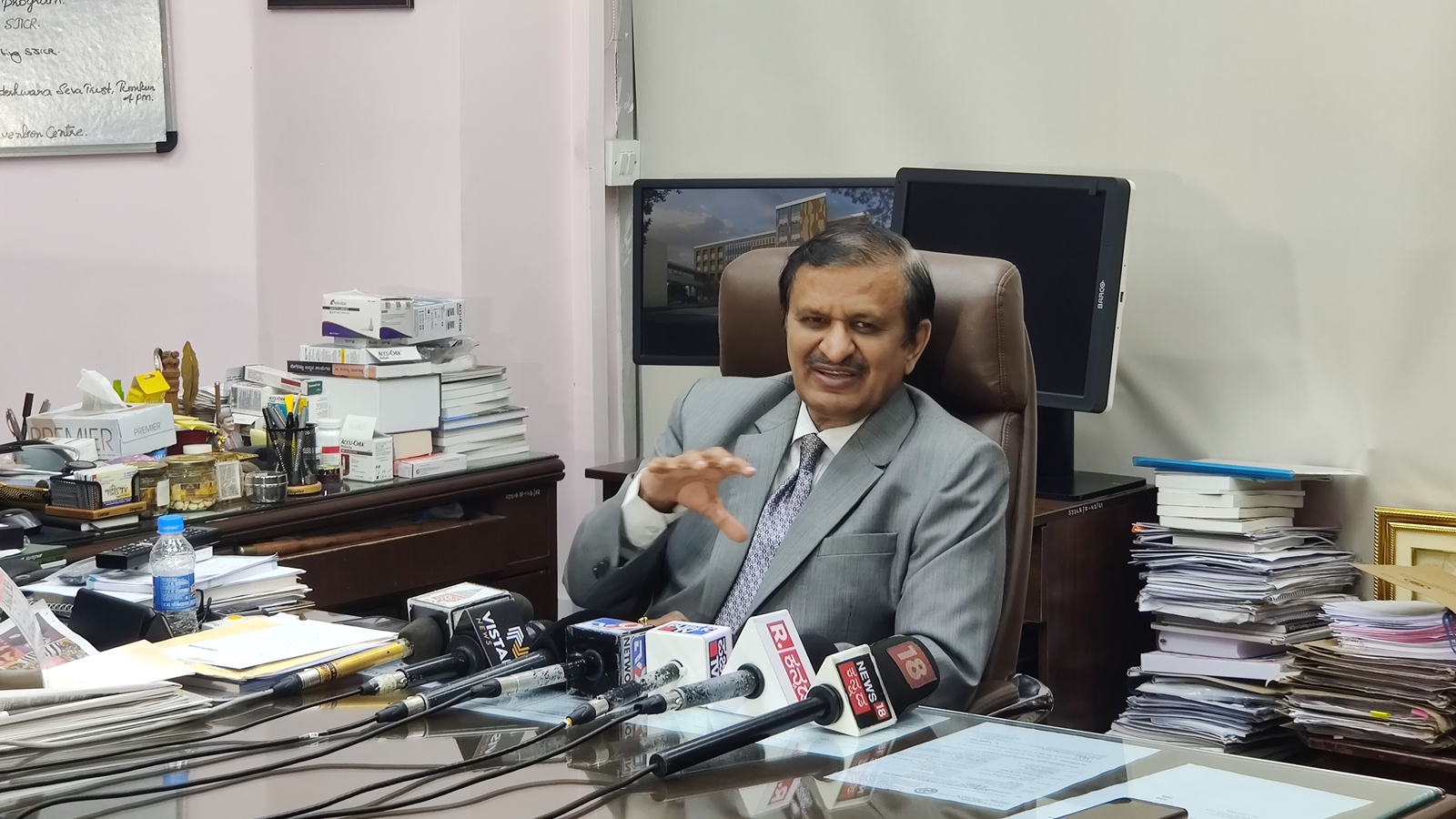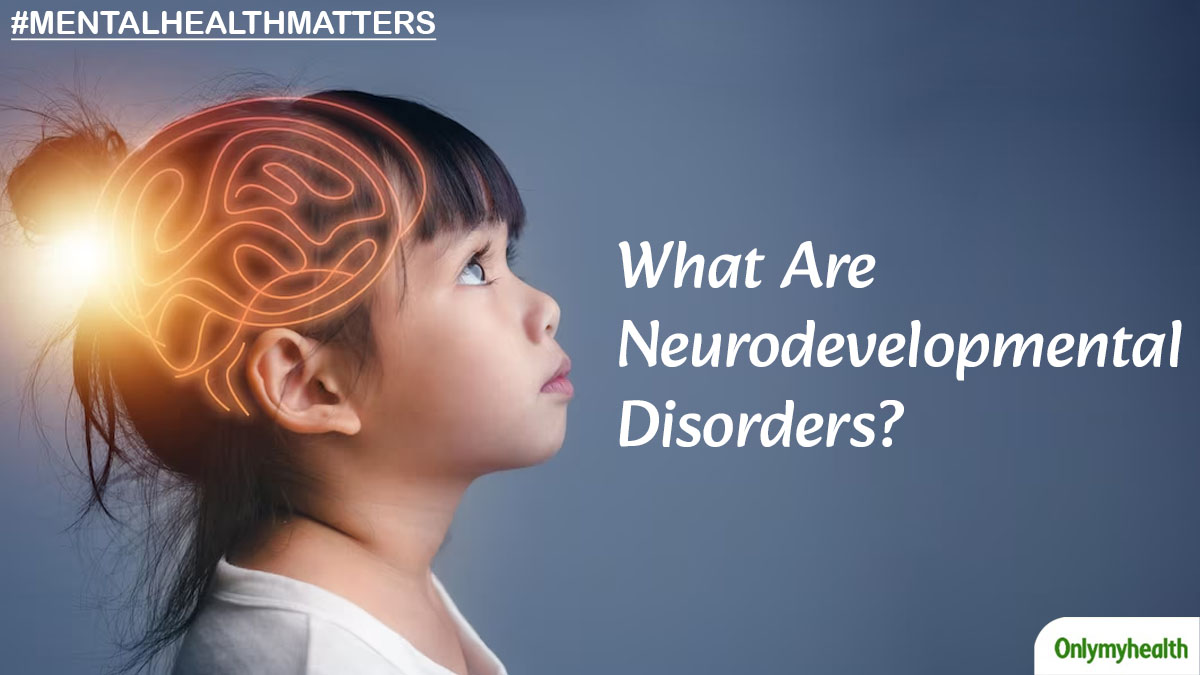
Air Pollution and stress are the major reasons behind heart attacks among the Indian population aged between 18-45, according to Dr C N Manjunath, director of state-run Jayadeva Institute of Cardiovascular Sciences and Research, Bengaluru.
“In the last 10 years, there has been an increase in the prevalence of heart attack cases among young and middle-aged people. In a study conducted between 2014-2020, among over 5,500 patients who were admitted to Jayadeva for cardiovascular diseases, we found that over 25 per cent of these did not have any conventional risk factors like diabetes, high blood pressure, smoking habits or cholesterol. So, what is causing heart attacks among the young and middle-aged group,” Dr Manjunath said.

“We need to find the new risk factors. Air pollution, fatty liver, hormonal imbalances could be new risk factors. While these factors could be measured, stress is one such factor which cannot be measured. Air pollution and stress are the major threats,” he added.
Reacting to Union Health Minister Mansukh Mandaviya’s advice to those who had recovered from Covid-19 to not exert themselves while exercising, Dr Manjunath said there is no scientific evidence to back this claim.
Meanwhile, Karnataka Health Minister Dinesh Gundu Rao Tuesday said it is important to treat heart attack patients within the golden hour.

“We have witnessed a trend recently that more young people are suffering from heart attacks.
Our Health Department has taken a significant step forward in this regard with an objective to save as many lives as possible in case of heart attack and also to ensure treatment is provided on time and within the golden hour. In the name of actor Puneeth Rajkumar, we are implementing Karnataka Ratna Dr Puneeth Rajkumar Hrudaya Jyothi Yojane. The program will be implemented in two ways, hub and spoke model and installation of automated external defibrillator (AED) devices in public places. The hub and spoke model will work effectively in preventing sudden heart attacks. We have made a total of 85 hospitals at the district and taluk levels as spoke centres. Ten hubs will be created in 16 super-specialty hospitals, including Jayadeva Hospital,” he said.
Most Read
Cricket World Cup: Why India is not in the semifinals yet despite winning six out of six games
President terminates services of Army Major posted with Strategic Forces Command unit
The AED devices will be installed in public places including bus stands, railway stations, airports, Vidhana Soudha and courts in Bengaluru. Apart from Bengaluru, Rao said the devices will also be placed in crowded areas in major cities of the state. Over 50 AED devices will be installed across the state. Rao added that the procurement of these devices is in progress.
The minister said anyone who has symptoms of chest pain can visit a spoke centre and get an ECG done immediately. “Also, through AI technology we would be able to detect if their condition is critical or not, within just 4-5 minutes. If the patient is in critical condition, tenecteplase injection will be provided free of cost at spoke centres in taluk hospitals. This injection is very effective in preventing sudden heart attacks. Thus, this treatment will help prevent immediate heart attacks for those who are in a critical stage. Private hospitals charge Rs 30,000 to 45,000 for one tenecteplase injection. The government will give it free of cost to the patients,” Rao added.
“After treatment at taluk or district hospital spoke centres, if further treatment is needed, we shall send such patients to super-specialty hospital hub centres with the help of an ambulance. Advanced cardiac treatments including angiogram or angioplasty can be obtained at these hubs. Below Poverty Line (BPL) card holders will get free treatment in hubs of super-specialty hospitals. Above Poverty Line (APL) cardholders can get free treatment under our Arogya Karnataka Ayushman Bharat Health Card,” he added.







































